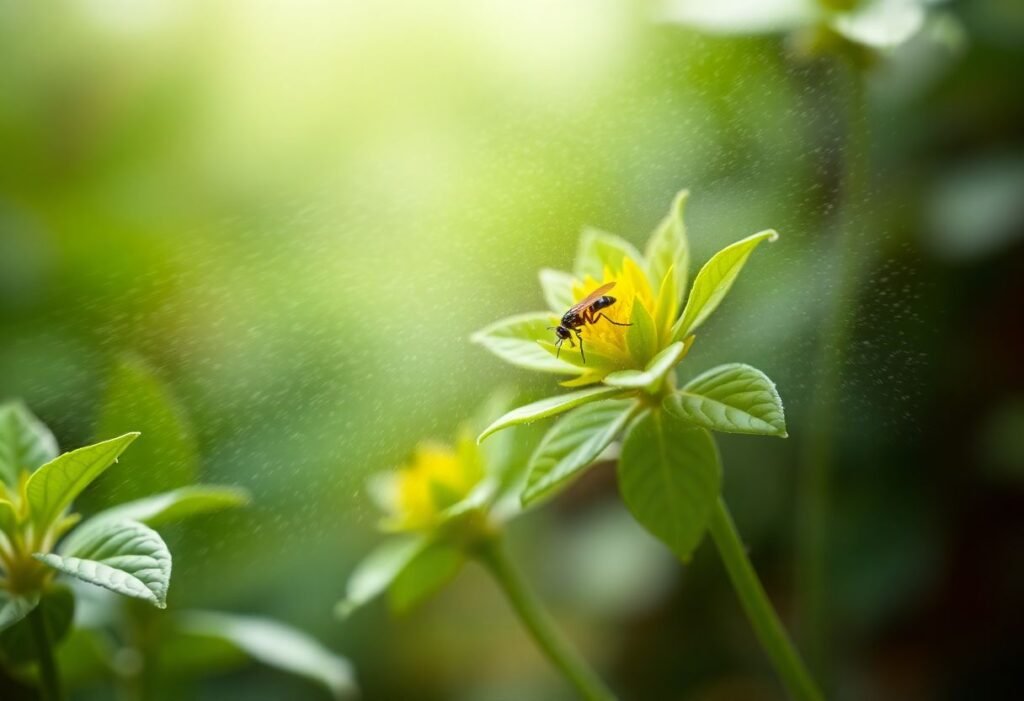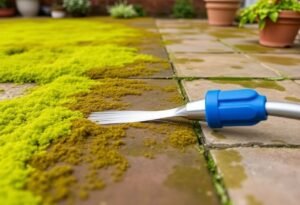Why Use Insect Repellent for Plants?
The use of insect repellent for plants not only protects our crops but also ensures their health. Pests like aphids, spider mites, and beetles can significantly diminish the quality of our plants. Effective repellents create a human-friendly garden while making life difficult for unwelcome guests.
Natural Methods of Protecting Plants from Insects
Before reaching for chemical solutions, consider natural methods. Insect repellent for plants, like neem oil or garlic, serve as excellent examples of traditional remedies. Neem oil, derived from the neem tree, has the power to repel numerous pests, and regular application can greatly enhance your plants’ vitality.
Utilizing Companion Plants in Your Garden
Some gardeners choose companion planting as a natural pest deterrent. For instance, lavender and mint are not just aromatic but also keep certain insects at bay. By planting various species, you create a natural barrier, making your garden a safer haven.
Spray Applications for Insect Protection
Insect repellent for plants in spray form is another effective method. These preparations are easy to apply and often come in eco-friendly versions. It’s essential to check the ingredients to ensure you don’t harm the environment or diminish biodiversity in your garden.
Education on Pest Identification
Understanding the insects threatening your plants is key to effective management. By learning about their life cycles and habits, you become better equipped to protect your plants. Employing insect repellent for plants is just one solution; integrating various methods works best for the garden.
Maintaining the Surroundings Around Your Plants
Caring for the environments surrounding your plants reduces their vulnerability to pests. Regularly removing weeds and plant debris is a simple yet effective way to limit insect populations. By creating a healthier surrounding, you lessen your reliance on insect repellent for plants.
Conclusion
Utilizing insect repellent for plants is an essential aspect of garden care. By employing natural approaches and the right methods of pest protection, you can enjoy beautiful and healthy crops. Don’t let insects ruin your hard work—invest in effective solutions and give your plants the best chance to thrive!

















